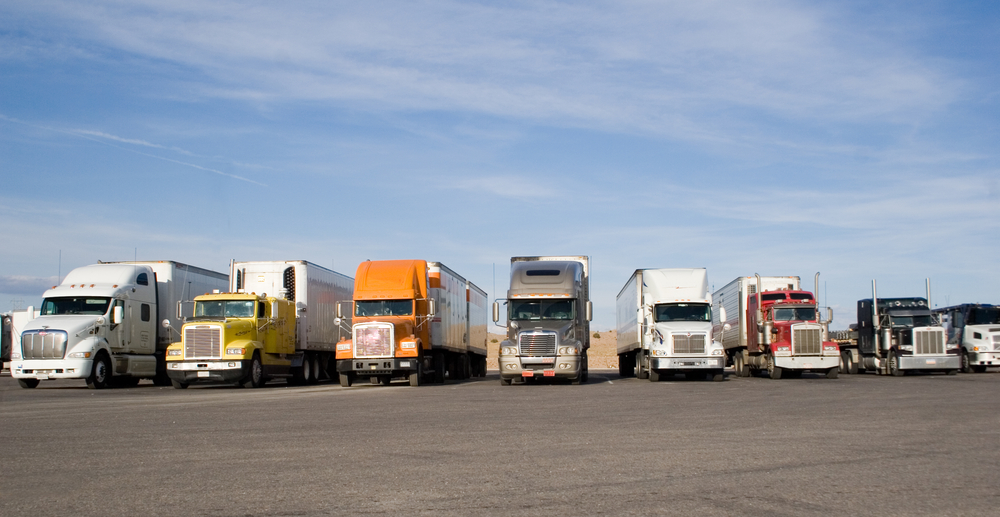In continuation of our Summer Safety Program, we’ll be discussing the top Federal Motor Carrier Safety Administration (FMCSA) violations of 2020. According to last year’s audits reported by the Department of Transportation, only 7 percent of motor carriers completed the audit without a violation (out of 100 carriers). The remainder of carriers averaged seven violations, which is quite alarming. Let’s break down the most common motor carrier violations reported by the FMCSA in 2020.
When reporting, the FMCSA classifies each violation as either “acute” or “critical.” Acute violations are so serious that they require immediate action (example: failure to implement drug and alcohol tests); whereas, critical violations are a sign of poor safety control management (example: not enforcing record of duty status). Most of the following violations are acute.
The information provided in this blog is sourced from the Fleet Services Team Update of March 2021 by USI Insurance Services.
Top FMCSA Violations
#1 – Operating with a Suspended or Revoked CDL
Since 2017, the top violation is allowing drivers to operate with a suspended or revoked CDL. All carriers know that drivers cannot drive with a CDL that is suspended or revoked. As a result, carriers must regularly check their drivers’ records to verify their CDL statuses. Carriers are only required to do a motor vehicle report once a year. If a driver gets suspended right after that report was run, they could be driving without the proper credentials for months. In many cases, carriers don’t realize that a license has been suspended or revoked until it’s too late.
Currently, operating with a suspended or revoked CDL accounts for roughly 30 percent of all acute violations. The average fine for this violation was $8,991.
#2 and #3 – Failing to Implement a Drug and Alcohol Testing Program (Random Testing Program)
Both the second and third violations are associated with enforcing a drug and alcohol testing program. Under the regulations, all carriers must have an updated DOT drug and alcohol program, which includes tests for pre-employment, post-accident, reasonable suspicion, follow-up, and random. To avoid getting fined, the best thing is to set up a DOT compliant drug and alcohol testing program. Carriers can work with third-party vendors who will facilitate the program to ensure that all drivers are meeting the requirements.
The combination of these two violations equates to about 31 percent of all violations in 2020. These violations can be quite costly as well. The average fine was $8,361, but some carriers were fined between $20,000-$40,000.
#4 – Driving with More than One CDL
The fourth most common violation is letting drivers operate with more than one CDL to drive a commercial motor vehicle. Before a driver can be scheduled out, the carrier must check their motor vehicle records from all states that the driver previously resided in. A request must be sent to every state the driver held a license or permit in, in the last three years. Each state is to check to make sure that the driver does not hold a current CDL before issuing a new license. Getting accurate and timely information from the state is not always the case. As a result, carriers must verify that their drivers only hold one CDL when employing the driver.
The average fine for this violation in 2020 was $8,378.
Closing Thoughts
As a carrier, it’s important to keep your drivers and trucks ready for an audit at any time. You must fully understand the law and regulations required to have a compliant fleet. It’s not only about driving safely, but also providing the proper documentation. To stay on top of regulations, regularly review your company policies and continue to enforce disciplinary actions when violations happen.
If you’re looking for a carrier who enforces and practices safety every day, reach out to Liquid Trucking today. Liquid Trucking provides the highest level of liquid transport services out of the Midwest, servicing the continental US and Canada. Since our humble beginnings in 1989, we have grown to one of the 30 largest tank trucking companies in the US. For more information, please call 844-GO-TANKS!
